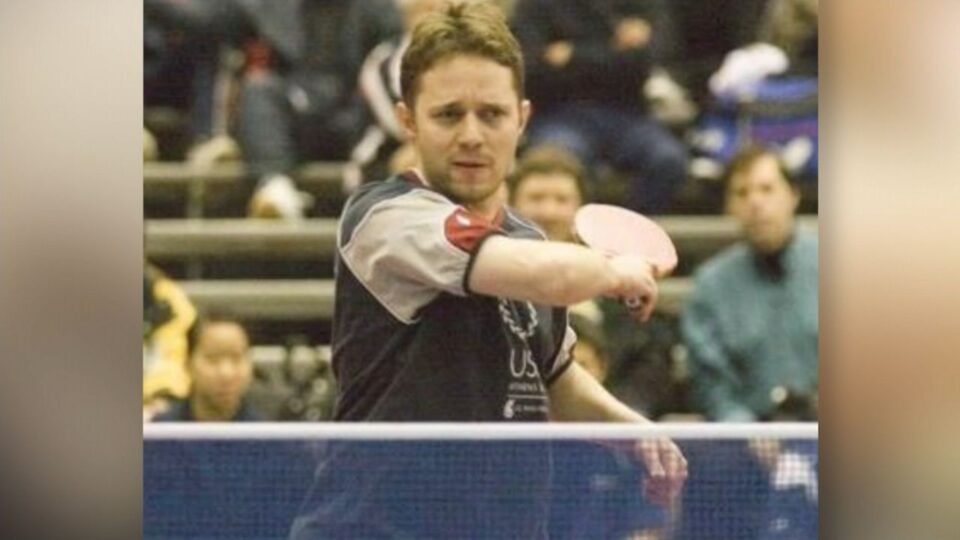On a Friday night in Port Washington, after the restaurants have closed and most of the town heads to sleep, there’s the constant pop at the Gold Coast Table Tennis Club.
For hours, Tahl Leibovitz has been hard at work. This is where he spends most nights. This 1.5 inch ball is the center of his world. But he would have never thought that more than 30 years ago it would be the sport that changed his life.
Leibovitz grew up in Queens. A childhood, he says, was not easy.
“I think the grade I finished was the 6th [grade],” he said.
He said he never fit in, had trouble making friends, and life at home was no better. At 14-years-old, he went to live on the streets.
“I slept on rooftops. I slept on beaches. Anywhere I could,” he recalled.
Usually, his bed were seats on an E train.
“It’s so difficult where you are, so all you have to do to look forward [to] is like having some meaning or some purpose,” he said.
And it came from a place he didn’t expect. The Boys and Girls Club in Ozone Park, where he was introduced to table tennis.
“It’s so enjoyable,” he said. “There’s a chess component to it.”
It’s all he would look forward to, from the moment he woke up until 3 p.m. when the center opened.
“They had a tournament on Saturday and they had a tournament on Sunday, so I had no where to sleep, so I would go to the Saturday tournament and I would just sleep outside, and then I would go and play the Sunday tournament,” he said.
As he got better, Leibovitz realized there were things he couldn’t do with the racket.
“This is my left hand, my right hand I can’t turn at all,” he said.
He’s the 1 in 5 million that has a condition called osteochondroma, which means he has benign tumors all over his body.
“They’re very painful. Especially in my spine,” he said. “I have two in my back – one in the low and one in the middle, and they’re about this big.”
At a tournament he was playing in during the early 1990s, a coach approached him with a simple question.
“I was asked to participate or join the Paralympic table tennis team,” he said.
Leibovitz started competing internationally and in 1996, he made the Paralympic U.S. table tennis team. And there, Tahl Leibovitz, still living on the E train, won the gold.
“You can’t describe it,” he said. “It stays with you for a long time.”
But Leibovitz’s life still wasn’t on track. He says he was arrested a few years after the Paralympics. And while he was reeling, it was table tennis that righted him.
He taught lessons to make money and then went back to school. He got his GED, then acing degrees in philosophy, sociology and clinical social work.
“People go into social work because they want to help people,” he said.
He works as a psychotherapist, with his own practice out of his home in Sea Cliff, Long Island. He’s helped thousands of people over the years.
He zooms with clients, but he will also hop into his car and hold sessions in a place of comfort: the beach. He’ll walk with clients at the beach as they talk through their battles.
“They feel a little more comfortable,” he said. “The atmosphere is okay here. It’s nice.”
He walks 10 miles a day, part of doing therapy and part of his training. But his journey, one he still can’t really believe.
“From where I came from to be here? To live in a house, to live in this place, it’s unbelievable to me,” he said.
He even wrote a book about it, “The Book of Tahl: From Homeless to Paralympic Gold,” set to be released this year.
But his job when it comes to table tennis is not done. In August, he’ll participate in his seventh Paralympic Games representing the U.S.
“I really wanted to be a champion, so I really focused on that so much,” he said.

